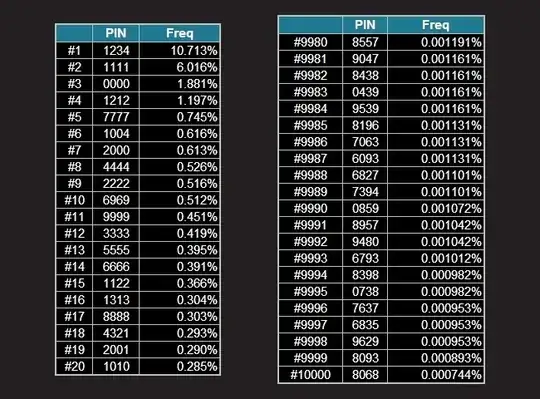Offline attacks are slightly different than online attacks.
In an online attack, rate limiting and the overhead of network transmission means that extremely fast password attempts are not practical.
In an offline attack, when you have a hashed password, you can get much much faster attack rates typically. And you can scale it up (by using cloud computing) in a broad way (which is difficult to do online, without bot-armies).
Still, a speed of 130,000 attempts/second, or 560 million guesses per dollar, is not that hard to defeat. Thomas assumed 100 attempts/second: hitting 100,000/second just makes passwords 1000x less secure. The 5 uncommon word password had a crack time of half a trillion years: after a 1000x speed, this becomes half a billion years.
The XKCD method's makes it easier to analyze the cost of your password. Suppose your attacker can try 1 billion passwords per dollar spent ("30 bits" of password entropy per dollar) (twice as efficient as brainflayer).
Then picking 4 random words from the most common 1000 English words (a 4*1k XKCD password) has 40 bits of entropy, so it takes 40-30 = 10 bits of dollars, or about 1000 dollars, to crack your password "offline".
Up it to 4 random words from the most common 4k English words (a 4*4k XKCD password), and it takes 48-30=18 bits of dollars, or 250,000 dollars to crack your password.
6 random words from the most common 8k English words (6*8k) is 78 bits. It costs 48 bits of dollars to defeat it today, or 250,000,000,000,000$, or 2-4x the annual GDP of the entire world.
Now, if we presume Moore's law will continue to hold with regard to password cracking (every 2 years, the cost of cracking a password halves), and we want to know "how long will our password be 1 million dollars secure), we can do this:
30 (current bits/dollar) + 20 (1 million dollars) = 50.
Take the number of password entropy bits, and subtract 50.
Moore's law states that computation gets half as expensive every 2 years. So double the number of bits remaining, and that is how many years your password should be secure against a 1 million dollar attack.
4*1k is 40 bits, which is less than 50, so it is not secure today against an offline attack.
5*4k is 60 bits, so it is safe for ~20 years against an offline attack.
6*8k is 78 bits, so it is safe for ~56 years against an offline attack.
All of this assumes you let a good quality, secure system do the password pick for you (if you try to pick a password this way, you'll almost certainly get way less entropy).
